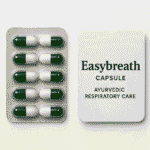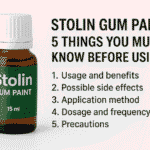When you’re in pain, even everyday activities can become overwhelming. Whether it’s a headache, joint stiffness, or a muscle sprain, the discomfort can disrupt your day. That’s where Zerodol Tablet comes in — a trusted pain relief medicine used across India for a wide range of conditions.
In this post, we’ll take a closer look at Tablet-Zerodol, how it works, what it’s used for, possible substitutes, and answer some of the most common questions patients ask.
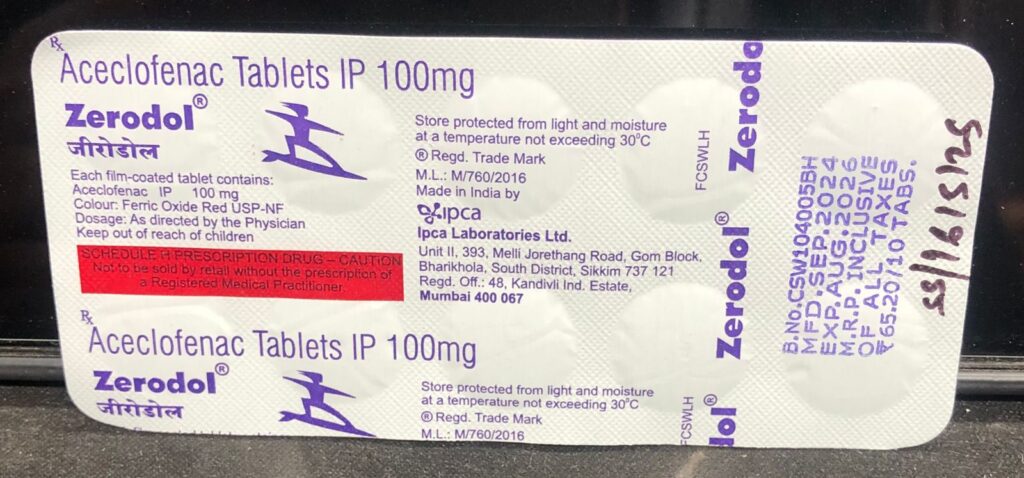
Table of Contents
Zerodol Tablet: Uses, Benefits, Side Effects & Substitutes, FAQs and more
What is Zerodol?
It is a prescription medication used to relieve pain and inflammation. It is powered by Aceclofenac, a potent non-steroidal anti-inflammatory medicine (NSAID) known for reducing pain and inflammation effectively.
It’s commonly prescribed for:
Joint pain (like osteoarthritis or rheumatoid arthritis)
Muscle pain and sprains
Lower back pain (lumbago)
Toothaches
Post-operative pain
It helps relieve pain and inflammation by stopping the action of specific body chemicals, like prostaglandins, that trigger swelling and discomfort.
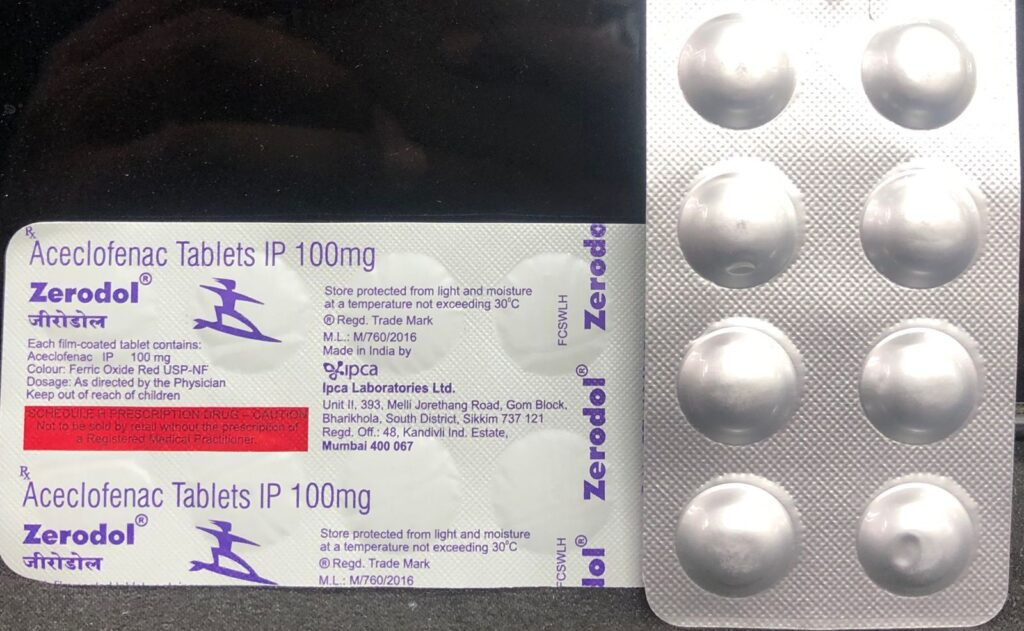
How Does Zerodol Work?
It inhibits the action of cyclo-oxygenase (COX) enzymes, which are responsible for producing prostaglandins — substances that promote inflammation, pain, and fever.
Reducing prostaglandin production will help:
Decrease inflammation
Relieve pain
Improve mobility in affected joints or muscles
This makes it a go-to medicine for both chronic conditions like arthritis and acute injuries.
✅ Common Uses of Zerodol
It is used for:
Arthritis pain: Reduces joint inflammation in osteoarthritis and rheumatoid arthritis
Muscular pain: Effective in sprains, strains, and sports injuries
Dental pain: Helps control pain after tooth extraction or procedures
Back pain: Provides relief from spinal inflammation or nerve pain. Fever and headache
Side Effects of Zerodol
While it is effective, like all medications, it can have side effects. Most are mild and temporary.
Common Side Effects:
Gastric irritation or heartburn
Nausea
Diarrhea
Dizziness
Serious (but rare) Side Effects:
Stomach ulcers or bleeding
Liver or kidney issues (with long-term use)
Allergic reactions (rash, itching, swelling)
Tip: Always take it after food to minimize stomach discomfort.
Who Should Avoid Zerodol?
Avoid or consult your doctor before using it if you:
Have a history of gastric ulcers or bleeding
Have kidney or liver disorders
Are pregnant (especially in the 3rd trimester)
Have asthma triggered by NSAIDs
Have a known allergy to Aceclofenac or similar anti-inflammatory drugs such as ibuprofen.
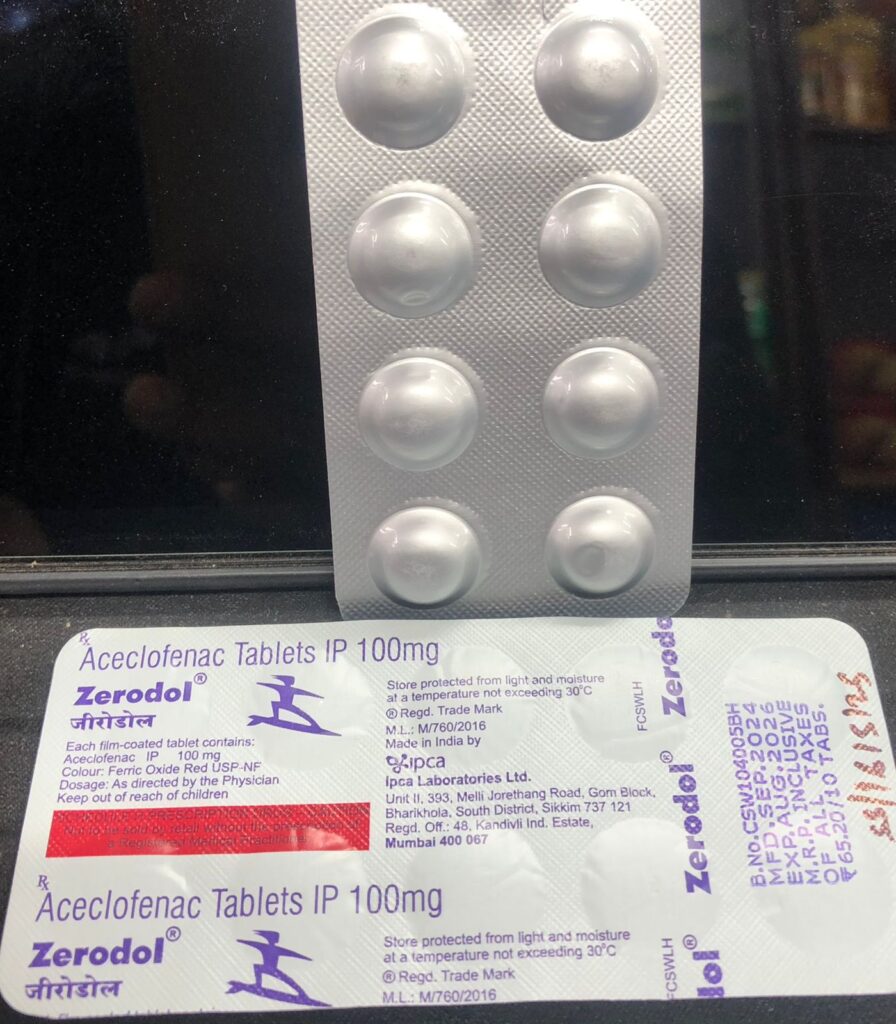
🔄 Substitutes of Zerodol
If it is unavailable, here are some alternatives that contain similar active ingredients:
Brand Name Composition Manufacturer
Hifenac Aceclofenac 100mg Intas Pharmaceuticals
Aceclo Aceclofenac 100mg Aristo Pharma
Dolokind Aceclofenac + Paracetamol Mankind Pharma
Acemiz Plus Aceclofenac + Paracetamol Lupin
Flexon-MR Ibuprofen + Paracetamol + Muscle relaxant Aristo Pharma
Note: Always consult your doctor before switching brands.
Also Read: Combiflam vs Zerodol – Which Painkiller Works Better for You?
Frequently Asked Questions:
1. Is it safe for long-term use?
2. Can I take it on an empty stomach?
3. Can I drive after taking it?
4. Is it safe during pregnancy?
5. Can I take it with other painkillers?
Final Thoughts
Zerodol Tablet is a trusted pain reliever that can make a big difference in managing joint, muscle, or dental pain. While it’s powerful and effective, it should always be taken under medical supervision to avoid potential side effects.
If pain is interfering with your life, talk to your doctor about whether it is right for you. Pain relief is possible — and safe — with the right guidance.



